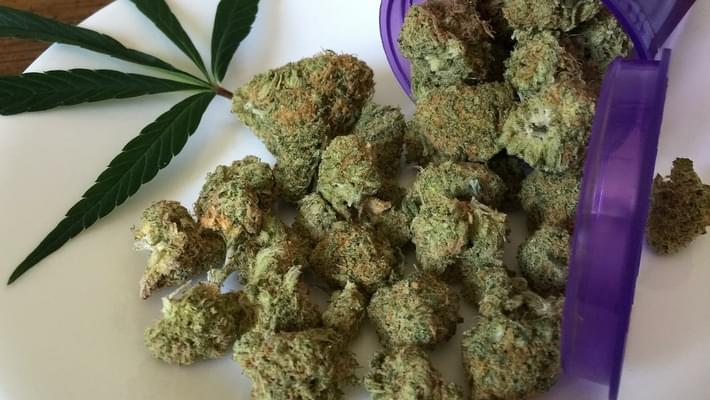
Why Marijuana Compounds Could Eventually Replace Anti-Anxiety Meds
Published on 8/28/17
In a recent study published in the journal Psychopharmacology, researchers were looking for the reason marijuana is a good stress reducer, but instead of finding a distinct reason of why, they stumbled onto how it works, and the answer could open the door for further research into using cannabis as an anti-anxiety. Similar to prescription anti-anxieties like Xanax and Klonopin, cannabis dampens the brain's response to stress. Researchers found this by studying daily cannabis users' and non-users' saliva, which is where cortisol, the stress hormone, can be measured from. Their findings agree with a similar study that found the neurotransmitter GABA to be effected by cannabis in a similar way to prescription anti-anxieties. But the trouble with current prescription anti-anxieties is the dependancy, withdrawals, disorientation, and the high potential for overdose. With more research and testing, cannabis based medications could be the future of safe and available anti-anxiety medication.
Tolerance to benzodiazepines, including Xanax and Klonopin, builds rapidly, requiring a user to take more and more of the meds to get the same effect. It doesn’t take long to develop a dependency that may not end. Instead of going through the well-documented hell of getting off the meds, many users choose to stay on them indefinitely. In addition, benzo side effects—fatigue, disorientation and mental fogginess, among others—are notoriously difficult to manage while trying to make it through the day. Overdose potential for benzos is also high, accounting for thousands of deaths in the U.S. every year.
While preliminary, the latest research suggests that the compounds in marijuana could eventually be harnessed to deliver anxiety relief with decreased dependency, fewer side effects and less overdose potential.
